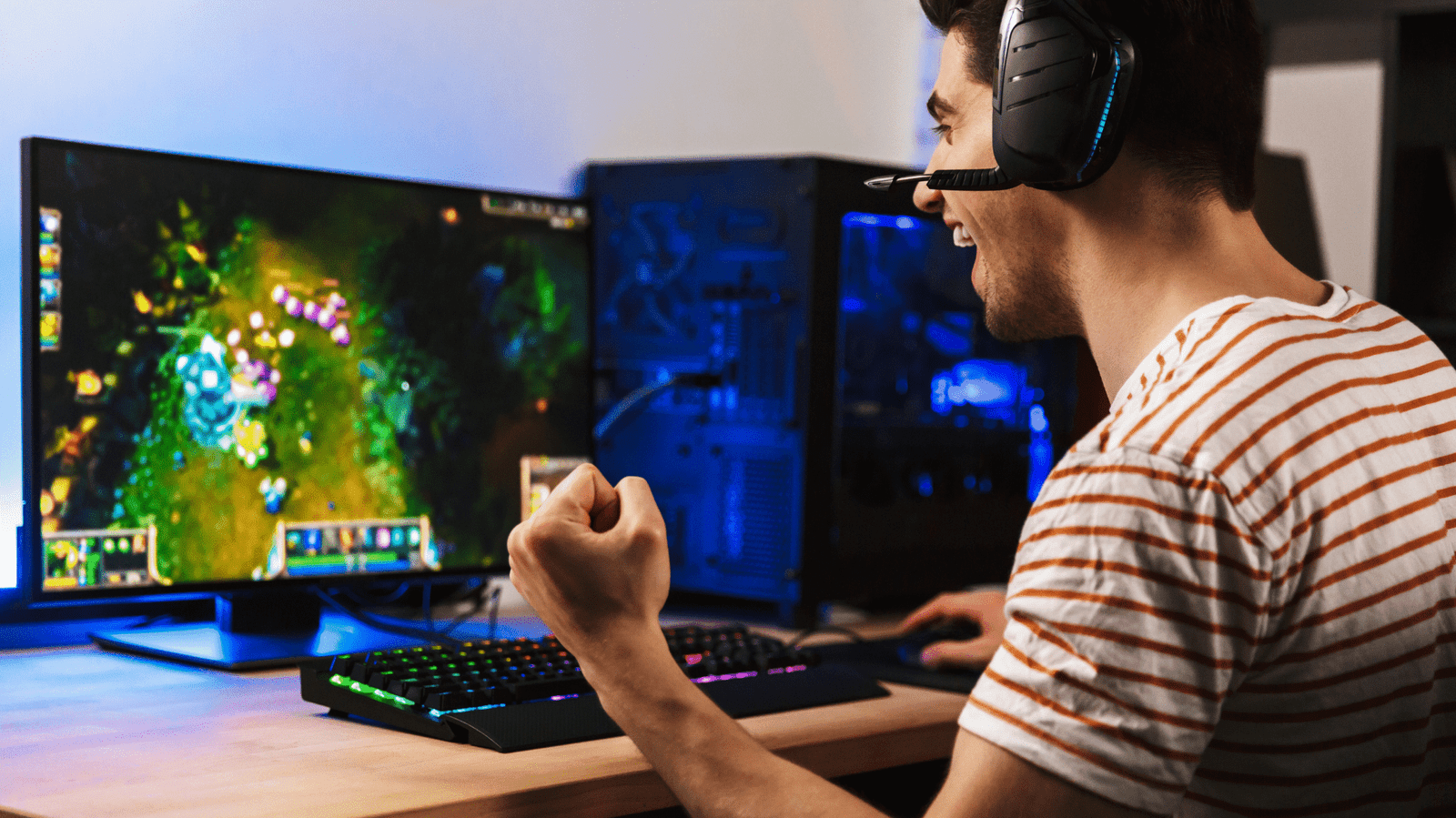As the lines between entertainment and wellness continue to blur, video games are emerging as powerful tools to support mental health — especially for younger generations. According to a recent special report by Reuters, games are increasingly being designed not just for fun, but to provide emotional resilience, stress relief, and even therapeutic interventions.
Why Video Games Matter in Mental Health Conversations
The global mental health crisis, especially among Gen Z and millennials, has prompted psychologists, game developers, and researchers to look at interactive digital platforms as accessible, engaging, and often effective means of addressing emotional wellbeing.
Games like Celeste, Kind Words, and That Dragon, Cancer are not only award-winning titles but also emotional narratives that deal with grief, anxiety, depression, and self-discovery — all within an interactive environment.
Key Insights from the Reuters Report:
- Gamified therapy models are gaining ground among mental health professionals.
- Players report feeling calmer, more understood, and emotionally safe in carefully designed game environments.
- In-game communities are fostering peer support, reducing stigma, and encouraging open conversations around mental health.
From Coping Mechanisms to Clinical Potential
While casual games have long been seen as stress-relievers, the next wave of development focuses on science-backed mental health support. For example:
- VR therapy games for exposure treatment in PTSD
- Role-playing games (RPGs) used to process trauma and practice decision-making
- Puzzle-based games that reinforce mindfulness and cognitive training
Researchers are also working on clinical trials that could integrate these games into mainstream therapeutic settings, especially for people who may hesitate to seek traditional counseling.
A Growing Industry with Mental Health at Its Core
Big names in the gaming industry are now investing in mental health-centered game design, reflecting a cultural shift in how gaming is perceived. No longer just escapism, games are now considered part of a digital wellness toolkit.
As AI, virtual reality, and adaptive gameplay continue to evolve, experts believe the next generation of mental health tools could live inside your gaming console.
Conclusion:
With millions of users worldwide, video games are transforming into more than entertainment — they are emerging as therapeutic allies in the fight for better mental health. As science and storytelling come together, this digital revolution is helping break the stigma and offer new hope to those who need it most.
Source: Reuters – The therapeutic power of video games: How digital worlds are helping mental health





